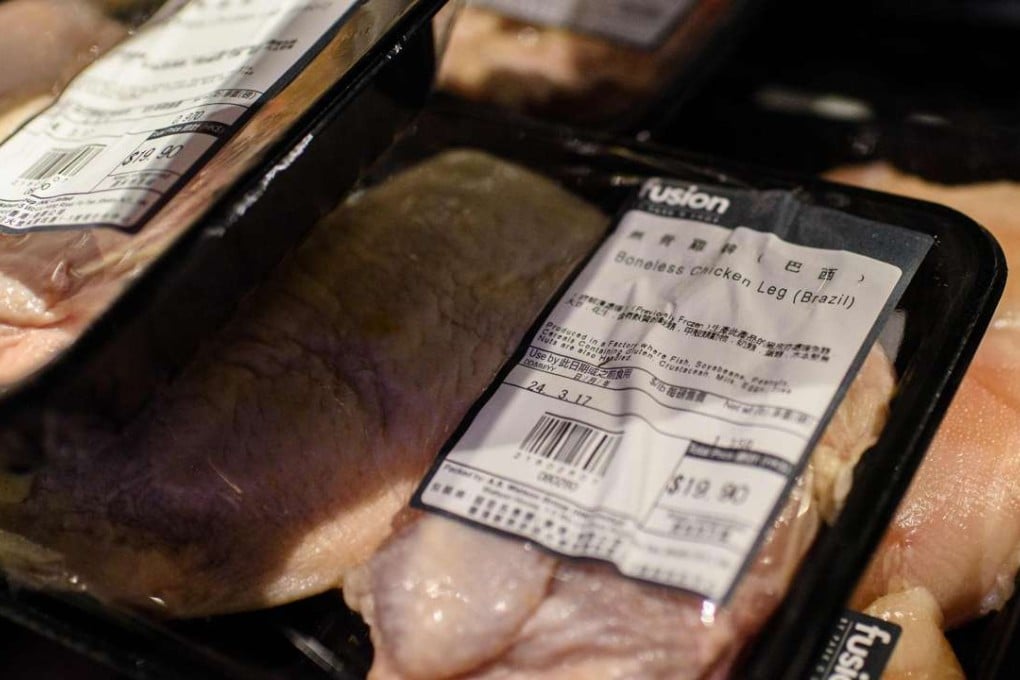Advertisement
There can be no compromise on food safety
The Brazilian tainted meat scandal has shown up the inadequacies of our food safety monitoring system. Action must be taken to improve it
Reading Time:2 minutes
Why you can trust SCMP
0

Our reliance on imports makes food scares inevitable from time to time. That in turn makes a robust food quality surveillance mechanism all the more important. But the controversy over contaminated meat from Brazil shows that there is still much room for improvement.
This was evident in the passive response from our officials in charge of food safety. They appeared to have little idea about the scale of the problem when the scandal first broke in South America. Only after some countries had imposed full or partial bans on Brazilian meat and poultry did we follow suit. Hong Kong’s ban was followed by a recall after a few days, and was later scaled down to covering only produce from the 21 meat-packing plants under investigation.
Understandably, traders and consumers are confused. It makes little sense to ban imports but allow meat from dubious sources to go on sale in the market in the first place. Indeed, as soon as the ban was announced, restaurants and supermarkets rightly took the initiative to remove Brazilian meat and poultry from their menus and shelves.
Brazil has shut down production at three of the plants and suspended the export licences of all 21 after police alleged several producers had bribed inspectors to certify meat that was either rotten or tainted with bacteria. Up to 40 per cent of Hong Kong’s frozen meat comes from Brazil. It is a relief to learn that none of the samples tested here have shown any irregularities so far. But as a handful of companies that have exported meat to Hong Kong are still being investigated by the Brazilian authorities, it is not time to lower our guard.
Advertisement